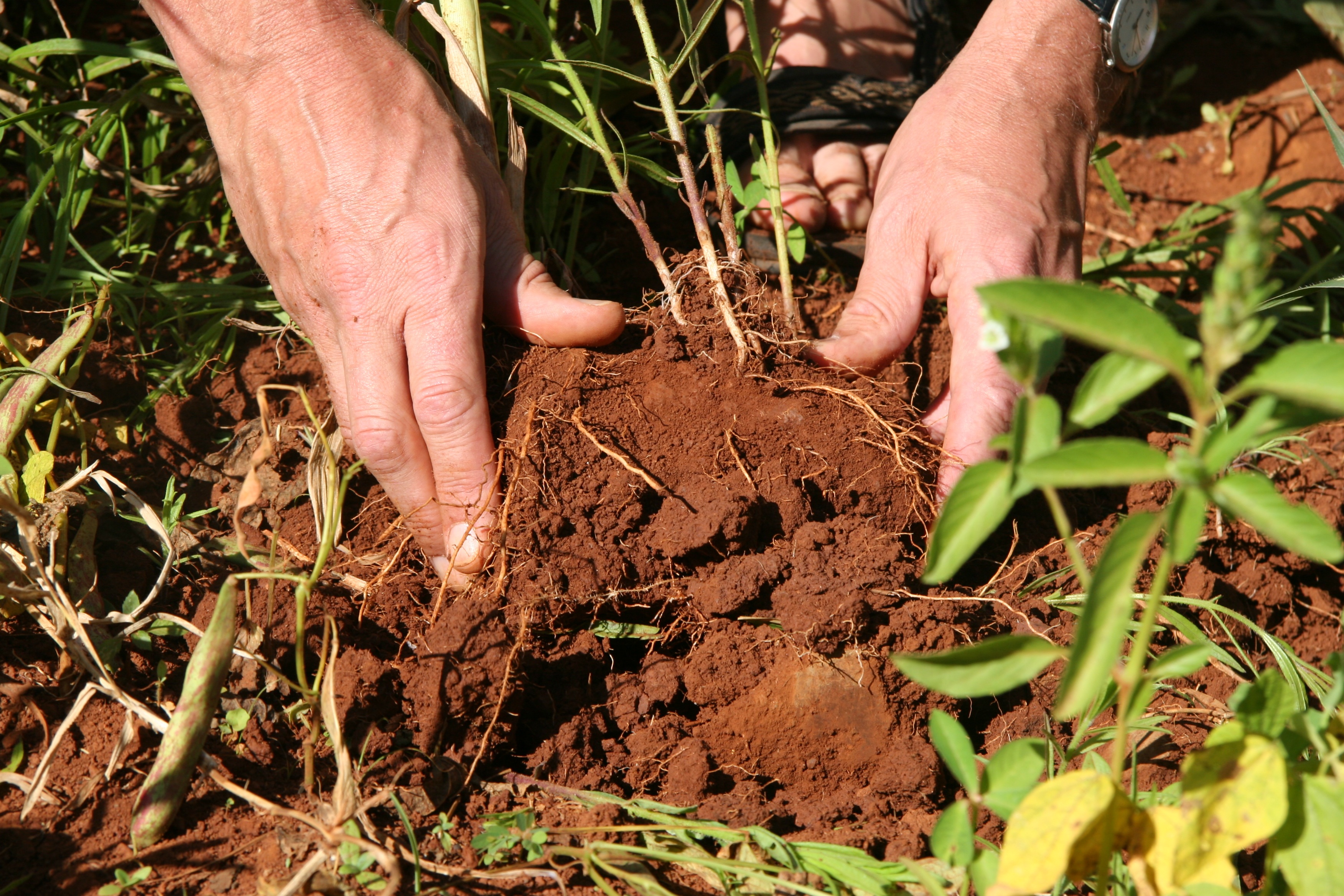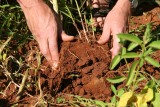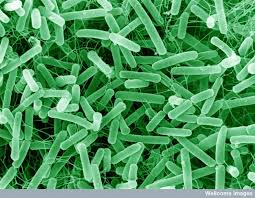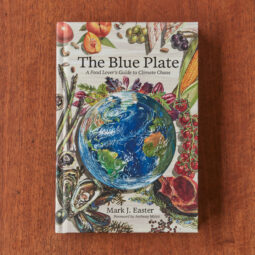 The Blue Plate in a Red-hot World (start time: 7:46) While adding cream to your morning cup of coffee, or digesting the hamburger that you grilled last night, you might not have been asking yourself, What’s the carbon footprint of these ingredients and meals? Understandable. Our guest today, ecologist Mark Easter, however, has pondered this question intensely for many years, when he grocery shops, plans his next meal, and researches. Easter is a so-called greenhouse gas accountant, one who measures the sources and sinks of GHG emissions from agricultural practices.
The Blue Plate in a Red-hot World (start time: 7:46) While adding cream to your morning cup of coffee, or digesting the hamburger that you grilled last night, you might not have been asking yourself, What’s the carbon footprint of these ingredients and meals? Understandable. Our guest today, ecologist Mark Easter, however, has pondered this question intensely for many years, when he grocery shops, plans his next meal, and researches. Easter is a so-called greenhouse gas accountant, one who measures the sources and sinks of GHG emissions from agricultural practices.
It’s a vexing and critical calculus. After all, agriculture generates more than 10 percent of U.S. greenhouse gas emissions. Easter’s debut book, The Blue Plate: A Food Lover’s Guide to Climate Chaos (Patagonia), has just been published. It highlights not just the causes of our climate crisis, but also a growing number of farmers, ranchers and orchardists who are practicing low-carbon, soil-enhancing methods on their land, and as a result boosting their crop yields and revenues.
Hosts: Susan Moran, Joel Parker
Show Producer/Executive Producer: Susan Moran
Engineer: Joel Parker
Headline contributors: Beth Bennett, Joel Parker, Shelley Schlender
Listen to the show here:
Podcast: Play in new window | Download (Duration: 27:46 — 25.4MB)
Subscribe: RSS



 The Power of Poop (start time: 5:41) This potent
The Power of Poop (start time: 5:41) This potent 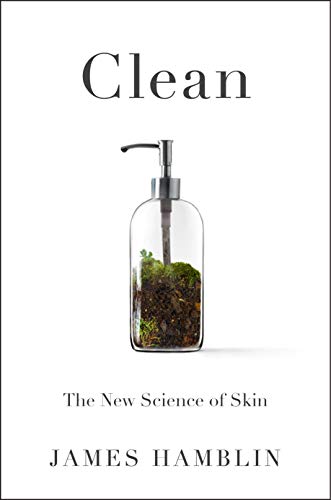
 How clean is “clean”? How do you get clean, and how important is it…could it actually be advantageous to your skin and general health to not try to get too clean? We talk with medical doctor and author
How clean is “clean”? How do you get clean, and how important is it…could it actually be advantageous to your skin and general health to not try to get too clean? We talk with medical doctor and author 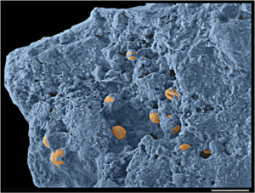
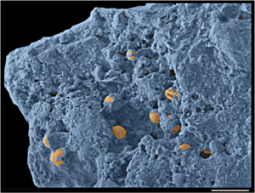 Microbial communities are all around us: in our homes, gardens, oceans, even deep underground but their roles in the function of the biosphere are poorly understood. Today Beth spoke with Professor
Microbial communities are all around us: in our homes, gardens, oceans, even deep underground but their roles in the function of the biosphere are poorly understood. Today Beth spoke with Professor 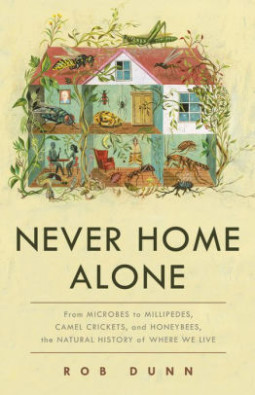
 Never Home Alone (starts at 4:26) In this week’s How on Earth, Beth interviews Professor Rob Dunn. In his recent book, Never Home Alone, he gives a sneak peak into the natural history of the wilderness in our homes, from the microbes in our showers to the crickets in our basements. You can find out more about
Never Home Alone (starts at 4:26) In this week’s How on Earth, Beth interviews Professor Rob Dunn. In his recent book, Never Home Alone, he gives a sneak peak into the natural history of the wilderness in our homes, from the microbes in our showers to the crickets in our basements. You can find out more about 
 For this end-of-the-year How on Earth show, we look back to 2016 with clips from some of our features from the past year: selections from the
For this end-of-the-year How on Earth show, we look back to 2016 with clips from some of our features from the past year: selections from the 
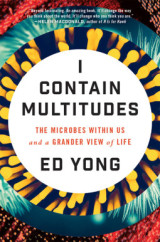 Multitudes of Microbes (start time: 3:38): You may find it unsettling to learn that our human cells make up only half of our bodies. The other half is a bunch of microbes (in the neighborhood of 40 trillion), all living and reproducing in, and on, our bodies. What’s more, these invisible machines could have a powerful influence on your brain, and on your overall health.
Multitudes of Microbes (start time: 3:38): You may find it unsettling to learn that our human cells make up only half of our bodies. The other half is a bunch of microbes (in the neighborhood of 40 trillion), all living and reproducing in, and on, our bodies. What’s more, these invisible machines could have a powerful influence on your brain, and on your overall health. 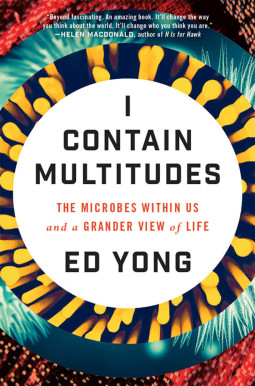 This week’s pledge- drive show features a teaser introduction to Ed Yong’s new book
This week’s pledge- drive show features a teaser introduction to Ed Yong’s new book 